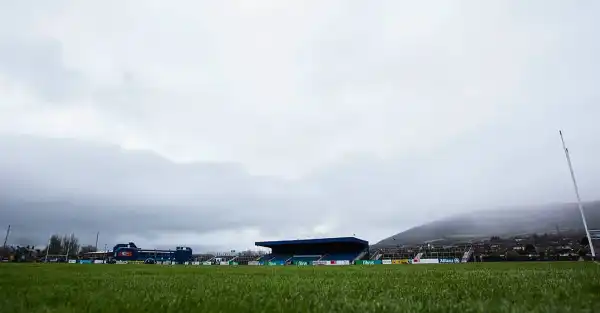
This week the Ulster GAA CCCC will approve Corrigan Park as the venue for the upcoming Ulster Senior Football Championship match between Antrim and Armagh.
Antrim were the first side to be eliminated from the draw last October, giving them home advantage.
Questions have since been raised about health and safety at the 4,000-capacity stadium, especially given the size of the Armagh supporters.
However, Antrim insist the fixture will not be moved to another venue, an approach backed by manager Andy McEntee.
Antrim were relegated to Division Four last weekend and are likely to be excluded from the Ulster Championship and Tailtine Cup if they do not take part in the game.
Sourse: breakingnews.ie